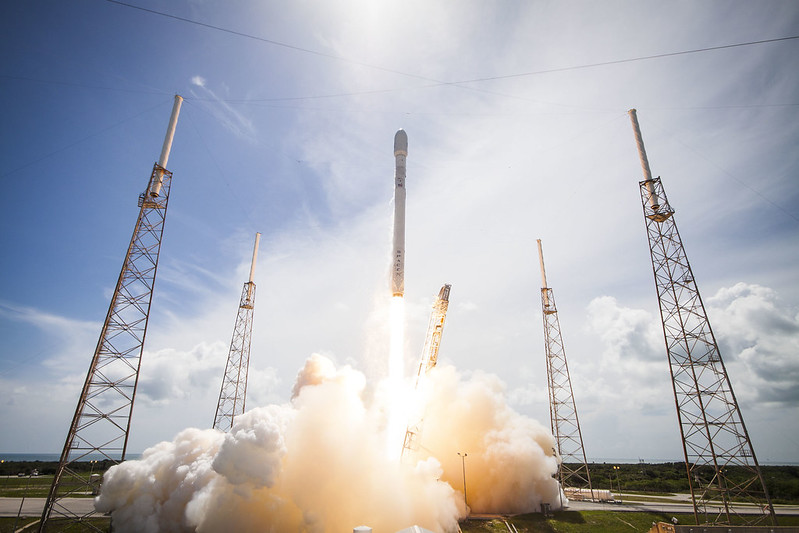This week. SpaceX launches first satellite produced by a Brazilian startup. Explosion of Covid-19 cases overwhelms telemedicine in Brazil. ICT sector boosts Brazil’s service economy.
SpaceX teams up with Brazilian startup
SpaceX launched another one of its Falcon 9 rockets on Thursday afternoon from Cape Canaveral. This time around, however, the launch held special significance for Brazil. The rocket is taking with it the first satellite entirely developed by a Brazilian startup to be launched into orbit.
“PocketQube.” Called Transporter 3, the SpaceX mission will take 105 small satellites from various customers around the world into space, including the Pion-BR1, developed by Brazilian startup Pion Labs.
- The Brazilian satellite is essentially a small 5 centimeter cube.
- In addition to its physical size, the “PocketQube” also fits into the picosatellite category — that is, it weighs less than 1 kilogram.
- Pion-BR1 was conceived in just seven months at a cost of approximately BRL 500,000 (USD 90,300), including development, testing, and launch. The entire assembly process was carried out in a laboratory in São Caetano do Sul, just south of the city of São Paulo.
- The satellite should remain in orbit for roughly two years, when it will enter the atmosphere and disintegrate.
Recon. The satellite will try to transmit signals that can be picked up by amateur radio operators on Earth. The 83-kilo Sputnik-1 — the first artificial satellite in history — had the same function.
- The mission’s first goal is to promote access to space technology for students participating in the Brazilian Satellite Olympiad, by carrying out a store-and-forward messaging experiment with the satellite in orbit.
Why it matters. “Even with the space race that started in the last century and resumed in the last two years, the affairs of the universe are still distant for a good portion of the population. Therefore, we want to democratize access and bring people closer to space,” says João Pedro Vilas Boas,...


 Search
Search






































